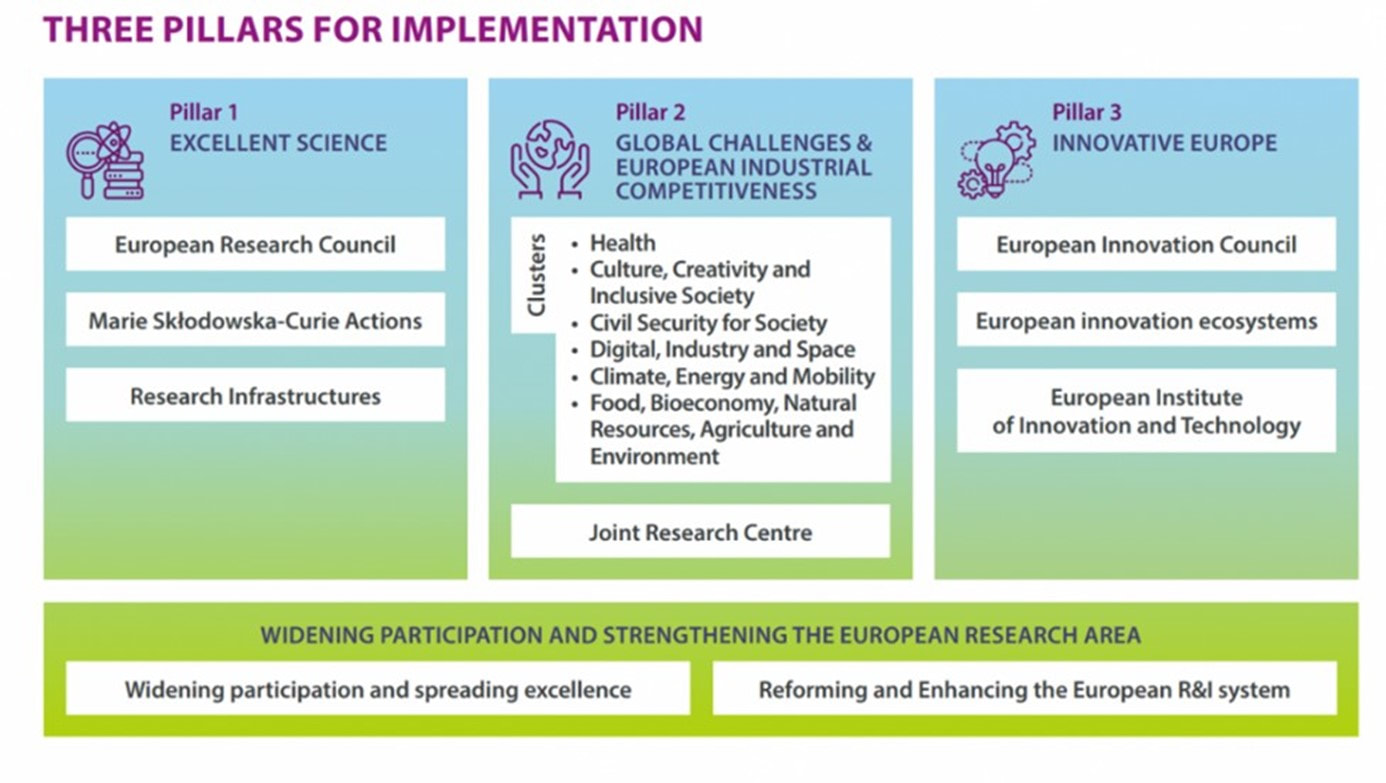News |
|
We're pleased to welcome two of our newest members:
artica Ingeniería e Innovación (Spain) is a technical consulting and engineering service company with over 25 years of experience, reinforced by a staff of over 45 professionals. artica+i provides continuous engineering solutions for the improvement of different processes, working on specific aspects of industrial companies: process technology and productivity, digitalisation and 4.0, energy efficiency and renewables, to name a few. CRIDO Business & Innovation Consulting (Poland) cooperates with companies from different sectors, such as Life Science, ICT, Automotive & aviation; Chemistry; Manufacturing; Food and Agriculture; Environment; Transport & Logistics. CRIDO offers support services at the stage of project implementation and settlement, linked to innovation or high-risk research and development. View our full list of members here.
2 Comments
Today, the European Association of Innovation Consultants is releasing its first collective report “A Guide to Next Generation EU for industry to better understand and seize its opportunities.”
The pandemic caused by the SARS-CoV-2 virus has led to an unprecedented health and economic crisis in our society. Companies of all sizes and entire sectors have been impacted by the pandemic. To overcome this crisis, strengthen and transform our economy, making it greener, more digital and more resilient, creating new opportunities and more jobs, the Commission has launched a temporary instrument, called “Next Generation EU,” which raises the European Union's budget to €2.018 trillion in current prices, the largest economic stimulus ever funded by the EU. Women make up about half of the population and voters in the EU, but they are still under-represented in high-level positions, whether in elections, public administration, corporate boards or academia. The European Commission has committed itself to promote gender equality in research and innovation (R&I). Horizon 2020 was the first framework programme to make gender a cross-cutting issue, and one of the key objectives was to integrate the gender dimension into R&I content. With Horizon Europe, the Commission has promised to reaffirm its commitment to gender equality in R&I.
Horizon Europe sets gender equality as a crosscutting principle and aims to eliminate gender inequality and intersecting socio-economic inequalities throughout R&I systems, including by addressing unconscious bias and systemic structural barriers. By considering sex and gender dimension in the whole research & innovation process we can prevent for example gender or racially biased AI products due to a lack of diversity in the AI training data. Anne Pépin, Senior Policy Officer from European Commission presented the key aspects and novelties regarding gender equality in Horizon Europe in a webinar on 21 April 2021. There are three levels with three different aspects that should be taken into account when preparing a proposal for Horizon Europe.
When sex, gender and intersecting factors are all considered in the design and delivery of R&I, it can leads to added value of research in terms of excellence, societal relevance, creativity and business opportunities. It creates in-depth understanding of all people’s needs, behaviours, and attitudes, and with this understanding it is easier to make goods and services that are better suited to the needs of all people. “In business, politics and society as a whole, we can only reach our full potential if we use all of our talent and diversity. Gender equality brings more jobs and higher productivity – a potential which needs to be realised as we embrace the green and digital transitions and face up to our demographic challenges.” – EU Gender Equality Strategy 2020-2025 Article courtesy of EAIC member, Spinverse. Horizon Europe, the long-awaited successor to Horizon 2020, and the world’s largest transnational research and innovation programme, is finally ready to take off!
The programme is designed to support European competitiveness by creating new growth and jobs based on scientific knowledge and technological development, all the while tackling societal challenges and helping to sustain European socio-economic models and values. So, how does it work concretely? The programme has been built on three main Pillars, each of them having a different objective:
|
Categories
All
Archives
July 2024
|





 RSS Feed
RSS Feed
